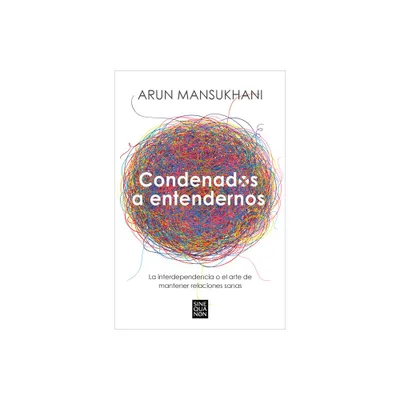Home
Bridging Our Political Divide: How Liberals and Conservatives Can Understand Each Other Find Common Ground
Loading Inventory...
Barnes and Noble
Bridging Our Political Divide: How Liberals and Conservatives Can Understand Each Other Find Common Ground
Current price: $180.00


Barnes and Noble
Bridging Our Political Divide: How Liberals and Conservatives Can Understand Each Other Find Common Ground
Current price: $180.00
Loading Inventory...
Size: Hardcover
*Product Information may vary - to confirm product availability, pricing, and additional information please contact Barnes and Noble
Bridging Our Political Divide: How Liberals and Conservatives Can Understand Each Other and Find Common Ground
is an essential contribution to a better national conversation.
Psychologist Kenneth Barish explains the sources and consistency of our political beliefs and why we continue to disagree about fundamental issues in American life. He offers antidotes to the angry, repetitive, and unproductive arguments that now dominate our political culture. Barish teaches us how to listen, think, and speak about our political opinions in a way that allows us to understand each other’s concerns, resist false dichotomies and ideological certainty, see new perspectives and possibilities, and find common ground. The concluding chapter shows how we can move beyond partisan divisions toward pragmatic solutions and a better future for America’s children.
This fundamentally hopeful book should be read by students in all areas of study, by professionals in the fields of conflict resolution, communication, political science, and social psychology, and by anyone seeking to improve the quality of their conversations with people who may disagree with them, in both politics and in their personal relationships.
is an essential contribution to a better national conversation.
Psychologist Kenneth Barish explains the sources and consistency of our political beliefs and why we continue to disagree about fundamental issues in American life. He offers antidotes to the angry, repetitive, and unproductive arguments that now dominate our political culture. Barish teaches us how to listen, think, and speak about our political opinions in a way that allows us to understand each other’s concerns, resist false dichotomies and ideological certainty, see new perspectives and possibilities, and find common ground. The concluding chapter shows how we can move beyond partisan divisions toward pragmatic solutions and a better future for America’s children.
This fundamentally hopeful book should be read by students in all areas of study, by professionals in the fields of conflict resolution, communication, political science, and social psychology, and by anyone seeking to improve the quality of their conversations with people who may disagree with them, in both politics and in their personal relationships.













